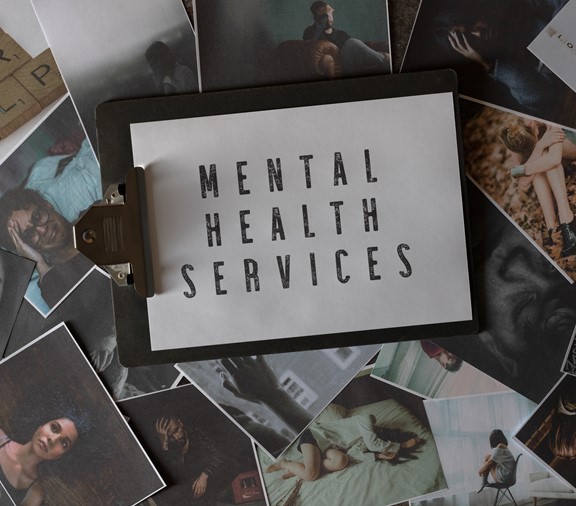
Taking Care of Your Mental Health
If you have mental health needs, it’s important to deal with them, especially before they get worse and become a crisis. No mental health journey is the same – but the information below can help you lead a peaceful life.
Depression, anxiety, and bipolar disorder are some of the most common mental health conditions. These conditions can be managed with counseling and/or medication. Most people who have symptoms of depression, anxiety, and bipolar disorder can successfully treat their condition with outpatient care such as counseling, medication, or both. Some people have severe symptoms that may require a hospital stay; however, using outpatient services throughout your recovery can keep symptoms from getting worse and reduce the need for hospitalization.
You can take the PHQ9 self-assessment here and share those results with your doctor.
Depression
Depression is a disorder that can affect your body, mood, and thoughts. It is characterized by feelings of ongoing sadness. Some common signs are:
- Feeling guilty, worthless, or hopeless.
- Feeling “empty.”
- Eating or sleeping too little or too much.
- Loss of interest or pleasure in things you like to do.
- Having trouble thinking clearly or making decisions.
- Suicidal thoughts.
Anxiety
Ongoing feelings of anxiety can cause lasting physical and emotional harm. Some common symptoms are:
- Tingling in your arms and legs.
- Faster heartbeat.
- Having trouble making decisions, focusing, or sleeping.
- High blood pressure.
- Sweats and headaches.
Bipolar Disorder
Bipolar disorder is a mental illness with symptoms that range from mania (extreme amounts of energy) to deep depression. Everyone feels sad, angry, fearful, and joyful at times – but a person with bipolar disorder experiences these feelings in extreme highs and lows. However, it is important to remember that bipolar disorder can be treated.
Counseling
Counseling can be done one-on-one or in a group, and it can reduce the chances of a mental health crisis. Counseling will help you understand your concerns, how to address them, and teach you ways to cope.
Medication
Medicines prescribed by your healthcare provider can help with many conditions, including depression, anxiety, and bipolar disorder. Your provider will work with you to find the right balance and decide how to combine medication with counseling.
Follow Up
You may need to talk with a counselor, and possibly take medicine, to manage your mental health symptoms. Remember: it is very important to talk with your healthcare provider about how you are feeling, keep all your appointments, and take your medication as prescribed.
How To Get Help
You can talk to your primary care provider (PCP) about the options that work best for you. However, a referral from your PCP is not needed to access behavioral health services. If you need help finding a behavioral health provider, please call Carelon at 1-800-945-4644. Take a free stress inventory assessment here to understand your current stress level. This information can help you know topics you should discuss with your healthcare provider.
Your Safety Is Our Priority
If you’re thinking about harming others or yourself, please call 9-8-8 or visit urgent care right away, so you can get the help you need to remain safe. Taking care of your mental health is a part of overall health and well-being. When we don’t feel well physically, we see our doctor. Seeking help to stay well emotionally is just as important.


